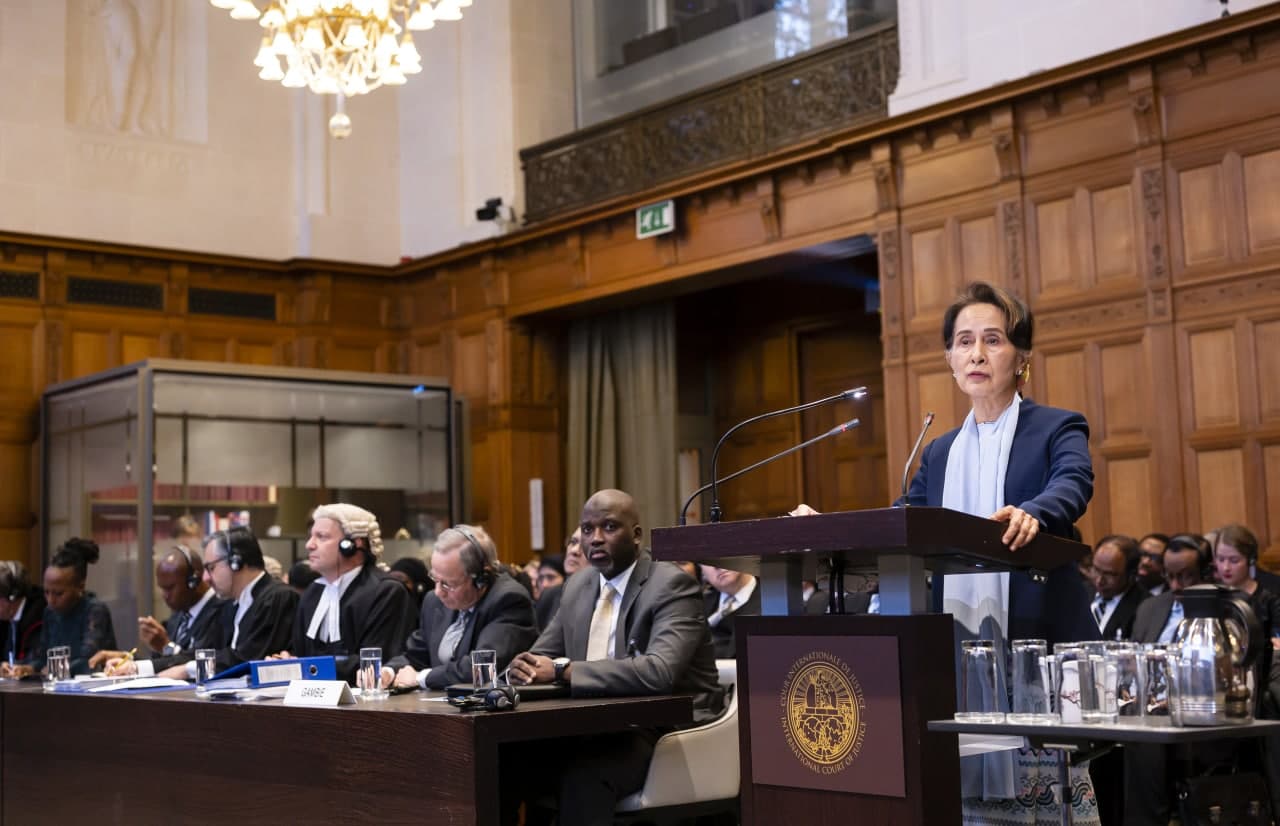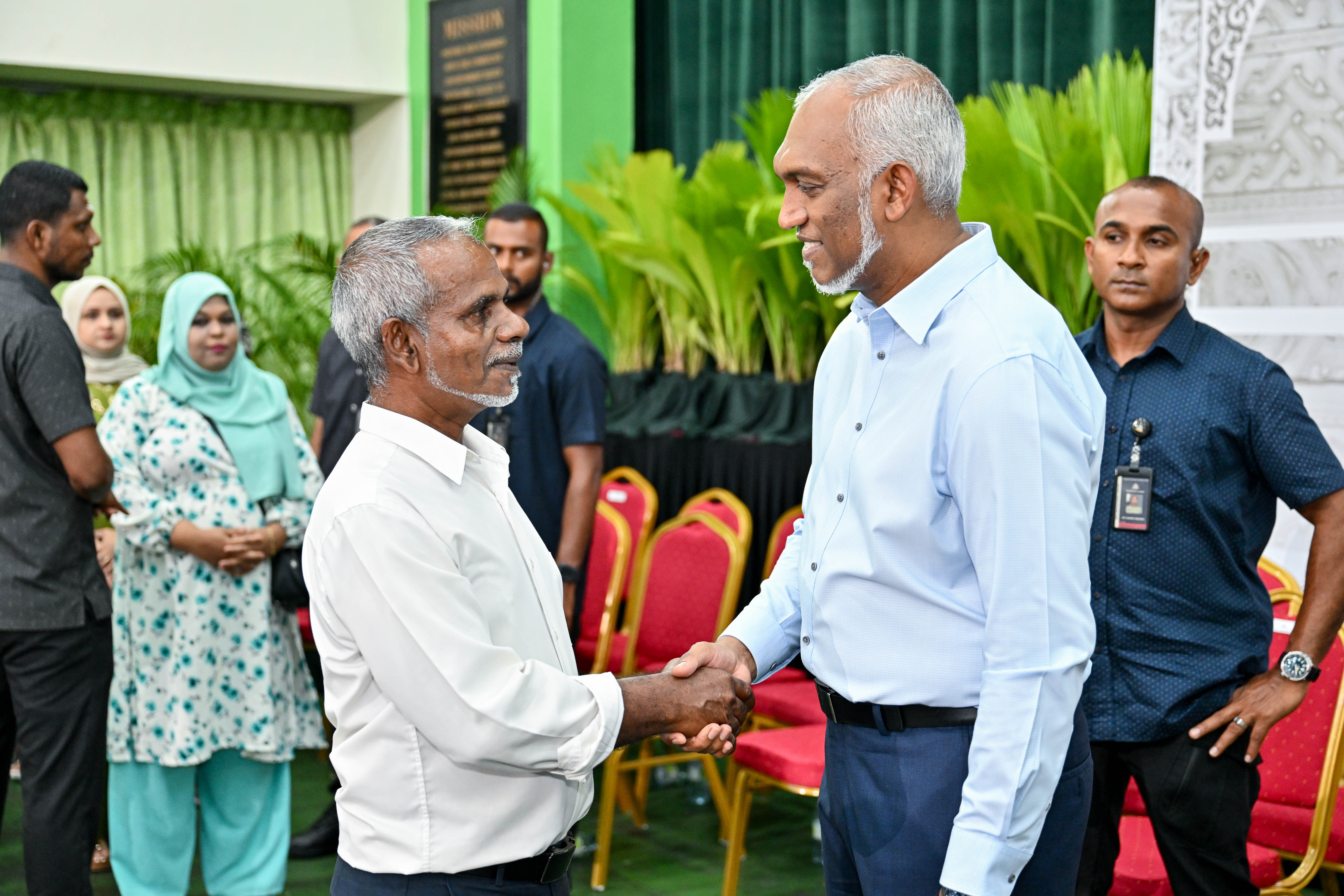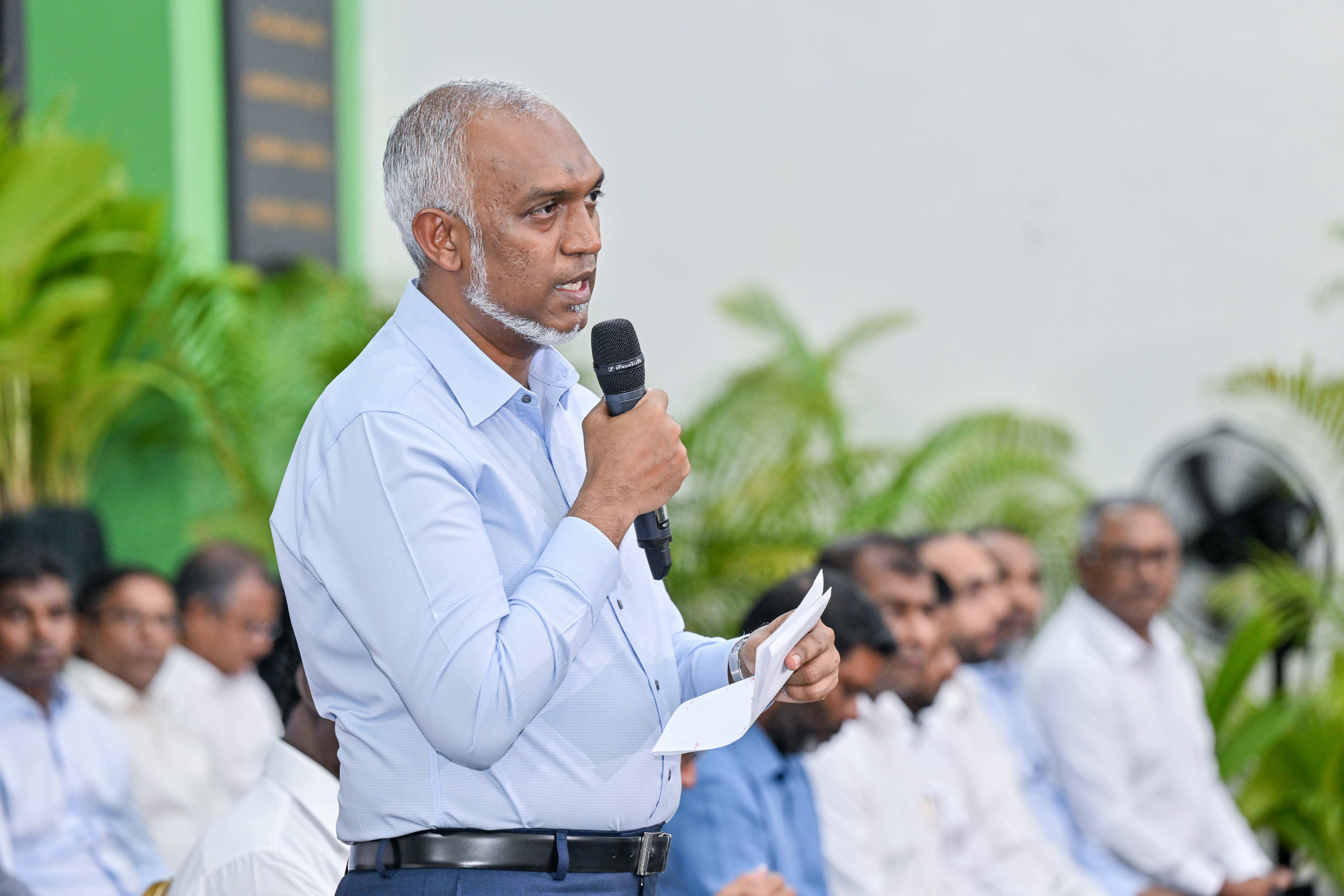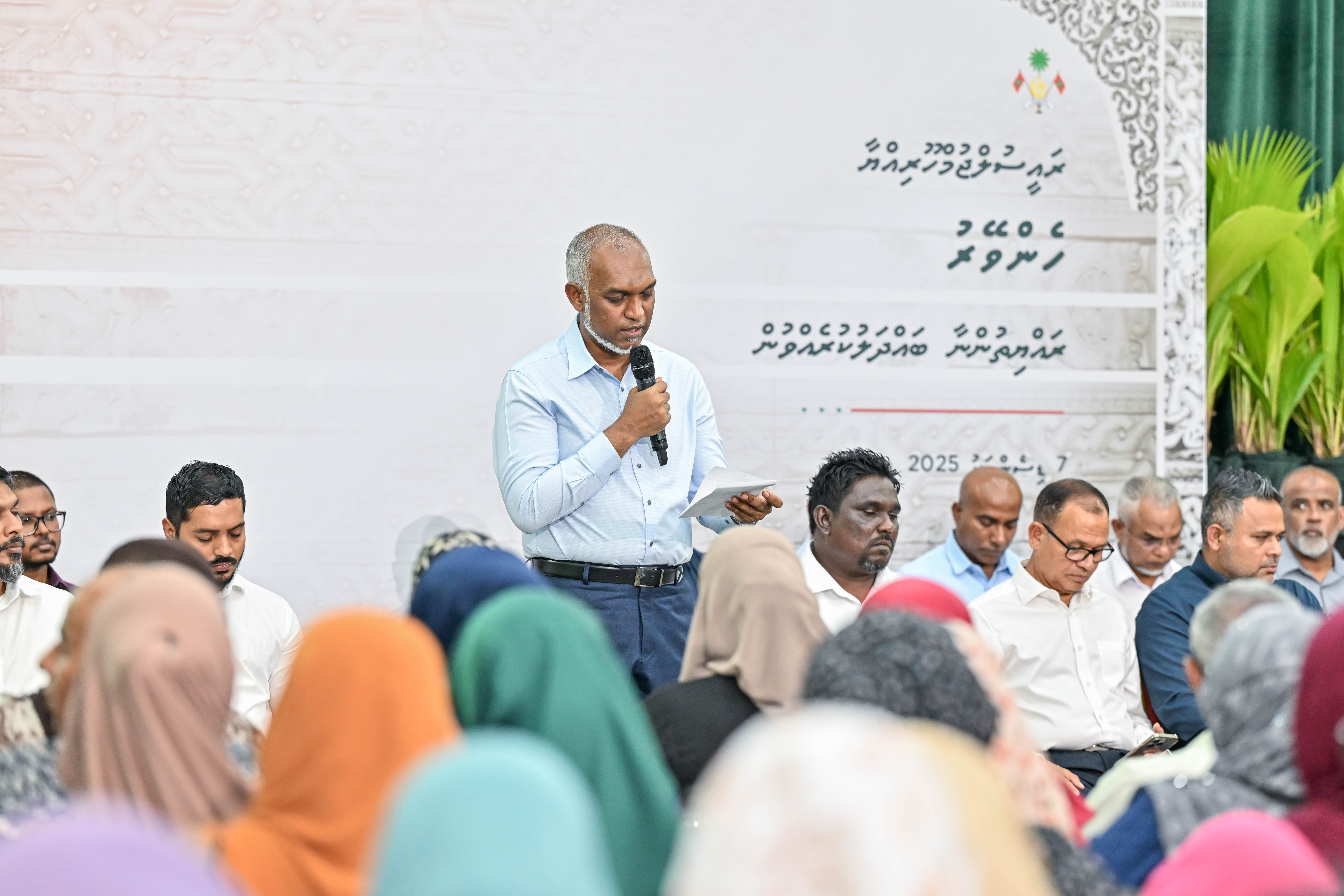An international case accusing Myanmar of genocide against the Rohingya ethnic minority returns to the United Nations' highest court Monday amid questions over whether the country's military rulers should even be allowed to represent the Southeast Asian nation.
Four days of public hearings at the International Court of Justice start Monday into Myanmar’s preliminary objections to the case that was brought by the Gambia, an African nation acting on behalf of an organization of Muslim nations that accuses Myanmar of genocide in its crackdown on the Rohingya.
In August 2017, Myanmar’s military launched what it called a clearance campaign in Rakhine state in the country’s west in response to an attack by a Rohingya insurgent group. The campaign forced more than 700,000 Rohingya to flee to neighboring Bangladesh and led to accusations that security forces committed mass rapes and killings and burned thousands of homes.
The Gambia argues that the campaign amounted to a breach of the genocide convention and wants the court to hold the country responsible.
The hearings at the court will continue from February 21 to 28 for the case brought by the Gambia against Myanmar alleging that the military’s atrocities in Rakhine State against Rohingya Muslims violate the Convention on the Prevention and Punishment of the Crime of Genocide (Genocide Convention).
“The International Court of Justice hearings are the next step in the landmark case to break the cycle of violence and impunity in Myanmar,” said Nushin Sarkarati, associate international justice director at Human Rights Watch. “The case could build a pathway to justice, not only for the Rohingya but for everyone in the country.”
The ICJ also held hearings in December 2019, on Gambia’s request, for provisional measures to protect the Rohingya remaining in Myanmar from genocide, which the court unanimously adopted in January 2020. The new hearings will cover Myanmar’s preliminary objections to the case, which challenge the court’s jurisdiction and Gambia’s legal standing to file the case.
The court’s provisional measures require Myanmar to prevent all genocidal acts against the Rohingya, to ensure that security forces do not commit acts of genocide, and to take steps to preserve evidence related to the case. Myanmar is legally bound to comply with this order. However, Human Rights Watch and others have documented ongoing grave abuses against the 600,000 Rohingya remaining in Myanmar, contravening the provisional measures ordered by the court.
Four days of public hearings at the International Court of Justice start Monday into Myanmar’s preliminary objections to the case that was brought by the Gambia, an African nation acting on behalf of an organization of Muslim nations that accuses Myanmar of genocide in its crackdown on the Rohingya.
In August 2017, Myanmar’s military launched what it called a clearance campaign in Rakhine state in the country’s west in response to an attack by a Rohingya insurgent group. The campaign forced more than 700,000 Rohingya to flee to neighboring Bangladesh and led to accusations that security forces committed mass rapes and killings and burned thousands of homes.
The Gambia argues that the campaign amounted to a breach of the genocide convention and wants the court to hold the country responsible.
The hearings at the court will continue from February 21 to 28 for the case brought by the Gambia against Myanmar alleging that the military’s atrocities in Rakhine State against Rohingya Muslims violate the Convention on the Prevention and Punishment of the Crime of Genocide (Genocide Convention).
“The International Court of Justice hearings are the next step in the landmark case to break the cycle of violence and impunity in Myanmar,” said Nushin Sarkarati, associate international justice director at Human Rights Watch. “The case could build a pathway to justice, not only for the Rohingya but for everyone in the country.”
The ICJ also held hearings in December 2019, on Gambia’s request, for provisional measures to protect the Rohingya remaining in Myanmar from genocide, which the court unanimously adopted in January 2020. The new hearings will cover Myanmar’s preliminary objections to the case, which challenge the court’s jurisdiction and Gambia’s legal standing to file the case.
The court’s provisional measures require Myanmar to prevent all genocidal acts against the Rohingya, to ensure that security forces do not commit acts of genocide, and to take steps to preserve evidence related to the case. Myanmar is legally bound to comply with this order. However, Human Rights Watch and others have documented ongoing grave abuses against the 600,000 Rohingya remaining in Myanmar, contravening the provisional measures ordered by the court.


















